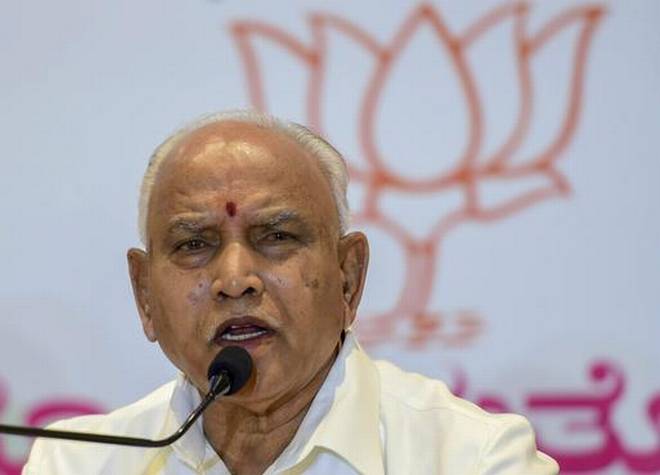Mangaluru, Sept 11: More than sixty women donated their hair through ‘Locks of Love’, a hair donation drive organised by the Department of Journalism and Mass Communication, St Agnes College, in association with Bliss Professional Unisex Salon at Forum Fiza Mall on Sunday.

The unique drive began with Kamalakshi, a senior citizen donating her hair. The 84-year old who had heard about the drive was keen to donate her hair and was one of the first ones to be present at the venue.
“Locks of love campaign has been a huge success. The hair which is collected will be sent to a Kerala based NGO Sarga Kshetra that makes and distributes free wigs to women and children who have lost their hair due to cancer treatment,” says Laxmi Shenoy, HOD Department of Journalism and Mass Communication of St Agnes College.
The students had organized a variety of cultural programmes at the mall to support the campaign. Students of St Agnes College and Ocean kids performed in a flash mob. Students of St Aloysius PU College and Nitte Institute also performed songs, dances at the mall to support the drive.
Bliss Professional Unisex Salon Proprietor Nazeefa Aysha says that the campaign will be continued at Bliss, even in the future. Anyone who is interested to donate hair can visit the salon anytime, and Bliss will take care of the rest.
A student’s initiative
Locks of Love is completely a student initiative. Students of Department of Journalism and Mass Communication of St Agnes College have been toiling since a month to create awareness about the hair donation drive. The students have organised flash mobs, awareness talk, visited different college campuses to create awareness and also started a social media and whatsapp campaign, says Laxmi Shenoy.
The Department of Journalism and Mass Communication began in St Agnes College this year. Apart from Love of Love, the students have started campaign #Womenatwork, where they bring the efforts of working women, which often go unnoticed, into the mainstream.












Comments
innalillah
Add new comment